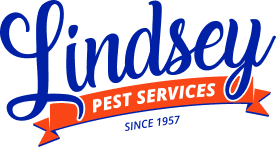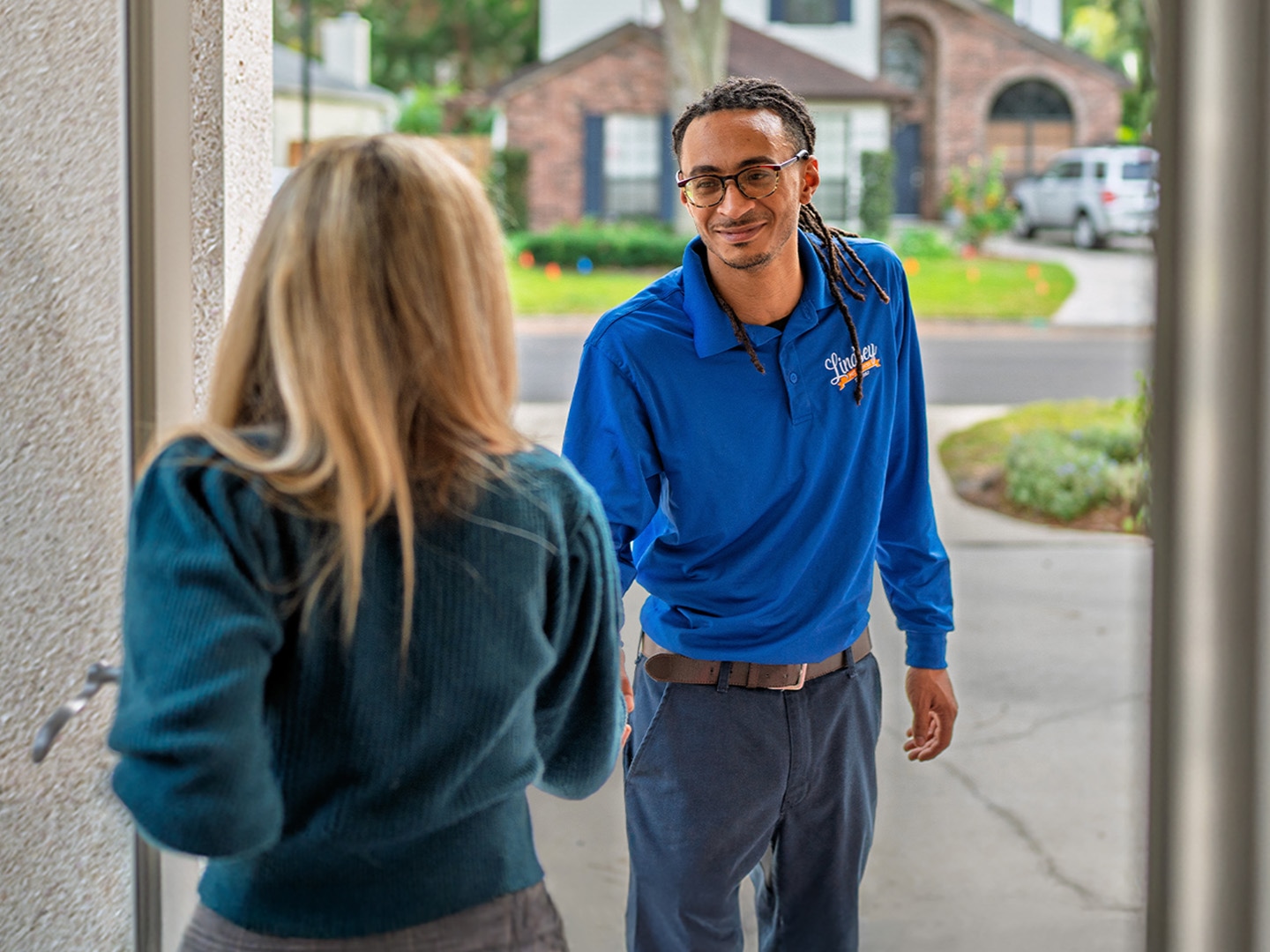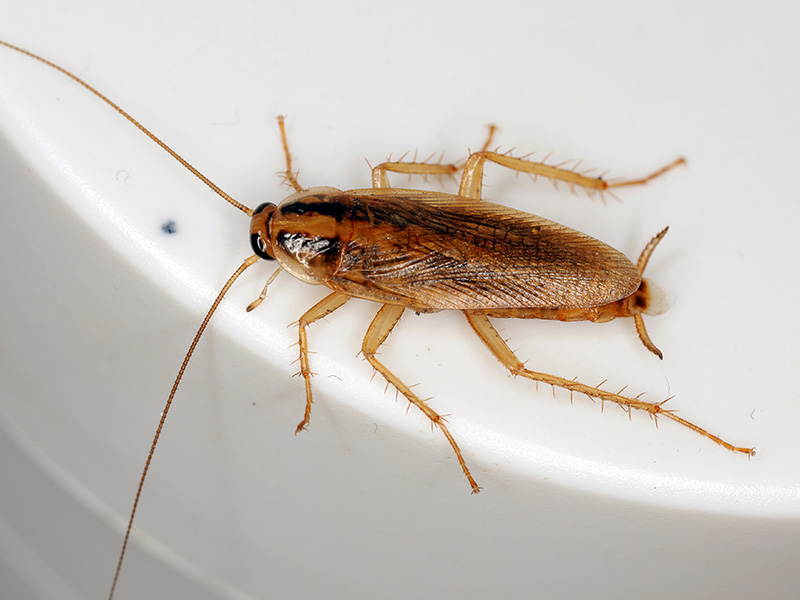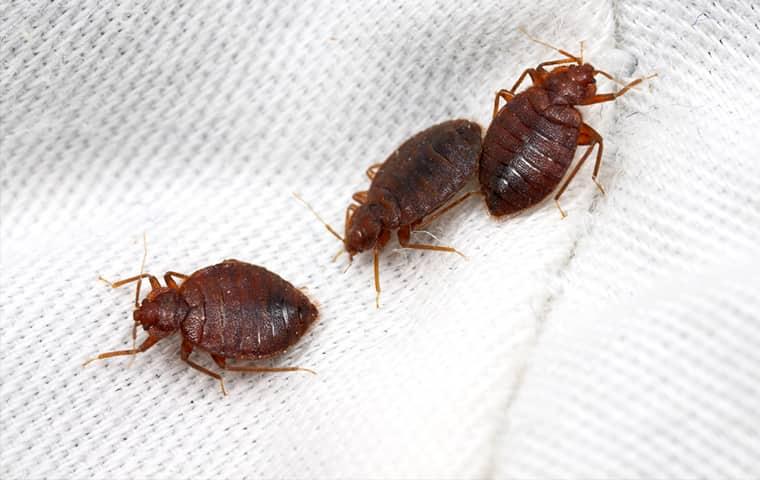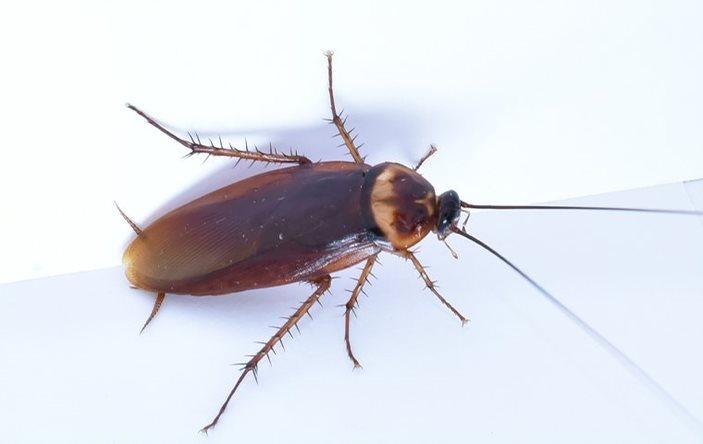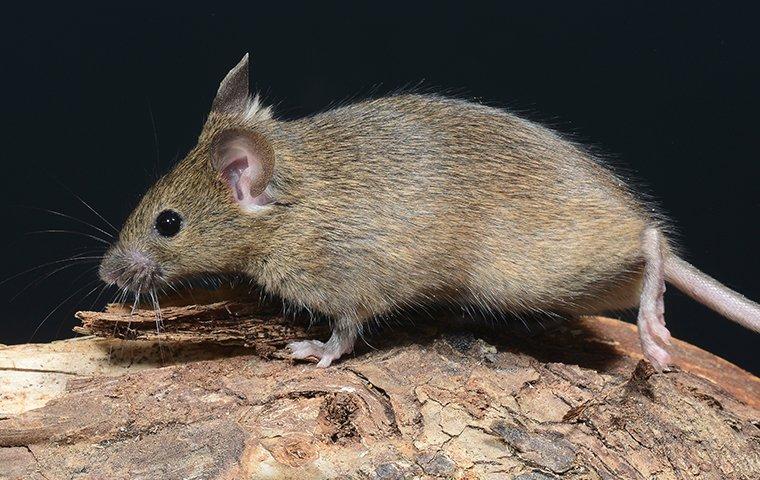Does Seeing Flying Termites Around Your Jacksonville Home Mean You Have An Infestation?
Apr 10, 2023
Belonging to the order Isoptera, termites are insects that consume cellulose, a material found in wood. Often mistaken as ants, termites exist in approximately 20 different species throughout Florida. Across the U.S. each year, research suggests that termites create several billions of dollars in property damage as they erode parts of wooden structures.
The University of Florida's Institute of Food and Agricultural Sciences explains that the three primary categories of termites in the state are subterranean termites, damp wood termites, and drywood termites.
Are you a local property owner seeking information regarding how to remove termites? Consider speaking with a local professional, such as Lindsey Pest Services, regarding the best solutions for these undesirable pests. These creatures may result in the need for costly repairs that property insurance policies typically exclude from coverage.
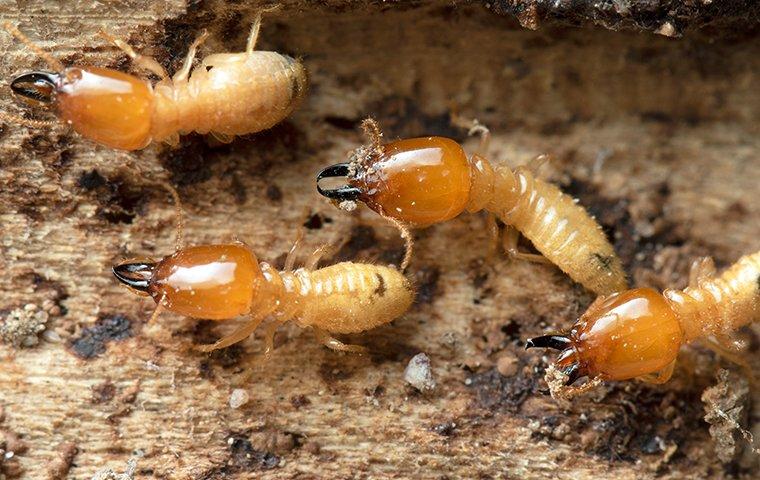
What Are Flying Termites?
Winged termites, called "swarmers," are often visible, gathering in groups during reproductive stages. What do flying termites look like? The appearance of winged termites varies according to the species. For example, dry wood termite swarmers usually appear red or brown with clear (translucent) wings, and subterranean termite swarmers are brown or black with lengthy wings.
Do flying termites bite humans? Regardless of their biting capabilities, incidents involving humans are rare.
Do Termite Swarmers Mean You Have Termites?
Having a swarm of termites on your Florida property is not a definite sign that your home has an infestation; however, this activity indicates that a termite colony likely exists in the nearby area.
When do termites swarm in the northeastern part of Florida? Flying termites most commonly appear in the spring months.
What Attracts Termite Swarmers To Your Home?
What are termites attracted to in residential settings? Local property owners should understand some of the primary attractants, such as the following:
- Homes with yard areas containing firewood, fallen trees, and overgrown vegetation will likely attract termites.
- Yards with mulch may also draw them in.
- Bright exterior lighting will often attract flying termites.
- Many termite species prefer water-damaged wood, which commonly results from leaky spigots or hoses or from clogged gutter systems.
Homeowners should remember the importance of responding quickly after recognizing signs of potential termite activity, as the severity of the property damage might significantly worsen over weeks or months.
What's The Best Way To Get Rid Of Flying Termites?
Are you wondering what to use for termites that have invaded your home in the Jacksonville region? Homeowners that try do-it-yourself home termite control products often experience mediocre outcomes that result in prolonged feelings of frustration. Termites often demonstrate resiliency against many of the sprays, foams, and granular formulas promoted in local retail stores. Seeking help from a trained pest control professional is usually the most expedient way to remove these unwanted pests.
Lindsey Pest Services is a leading provider of pest control services in Jacksonville that help residential and commercial clients effectively remove termite-related problems. After contacting us, one of our trained technicians will visit the property for the purpose of conducting a detailed inspection.
A properly licensed provider of Jacksonville pest control services like us employs a qualified staff. Pest control companies comply with the regulatory requirements of the Florida Department of Agriculture and Consumer Services (F.D.A.C.S.), which maintains responsibility for adherence to the Structural Pest Control Act, a measure enacted in 1959.
We embrace many of the latest products in the pest control industry today. For example, we often use the TermaTrack T3i All Sensor, which is a device that detects the presence of termites using moisture or thermal sensors as well as radar technology. After determining the nature and full extent of the termite intrusion, we will recommend the best treatment plan and answer any questions that arise.
Contact our office today for further details.
